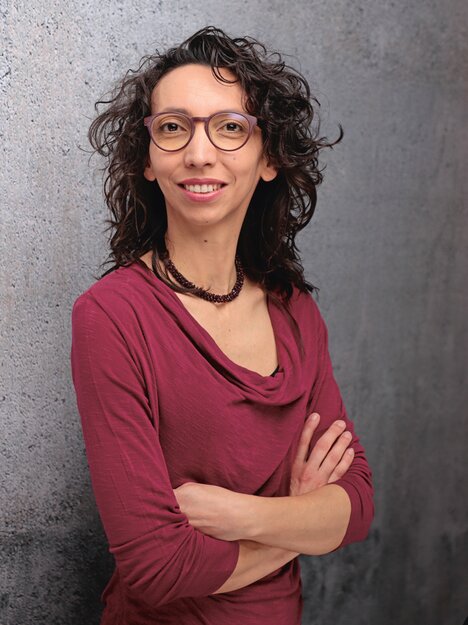A contradiction in terms

For a start: what do we mean when we talk about identity? Every individual’s identity is a prism with a thousand facets. Each facet expresses something about our identity, but none of them gives an exhaustive answer to the question of our identity.
Anyone who puts the concept of identity at the centre of their political project cannot help but smooth out this complexity and make reference to categories, groups and labels which risk turning people, with their own unique and unrepeatable identities and above all their own ideas, values, abilities and skills, into interchangeable representatives of a label.
We should not forget, of course, that different groups do have specific characteristics and needs, and may therefore enjoy certain special rights. The point is, however, that these characteristics and needs are the starting point and not the foundation of these rights: in other words, people have rights not on the basis of these characteristics but on
the basis that we all belong to the human race. Gay people, women and migrants have rights not because they are gay, women or migrants, but because they are human beings.
In the end, identity politics starts to reveal all of its internal contradictions. Identity is to do with the world of facts (and coincidence): with the fact of being black or white, male or female, of having been born in one place rather than another, into one family rather than another, of having grown up in one culture rather than another. Whereas politics (in the broadest sense) is to do with the world of values. And Max Weber, and Hume before him, taught us that values cannot automatically be derived from facts. Facts are extremely important in determining the conditions in which we all live, and thus also in shaping our values, but they are not the goal of political action itself, which cannot help being guided by values. For this reason, identity politics is a contradiction in terms. Just because two people share a fact of life, such as gender or ethnic background, does not automatically mean they share an idea, a principle, a value or a political project. And conversely, people can share an idea, a principle, a value or a political project without sharing one or more of the mosaic tiles of their own identities.
© Cinzia Sciuto
Cinzia Sciuto is a doctor of philosophy. She works as a journalist and is editor of MicroMega, the Italian magazine about philosophy and politics. She writes for several Italian and German publications. Her book Die Fallen des Multikulturalismus was published in 2020.
